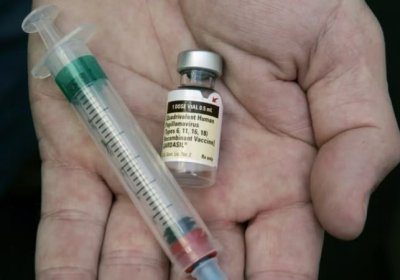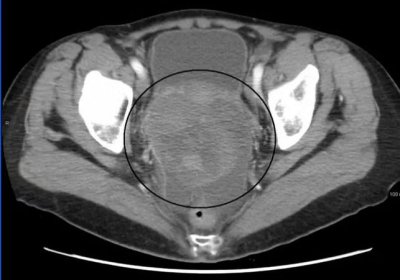Newborns screened for genetic conditions in ‘world-leading’ NHS research

In a groundbreaking initiative, the NHS is launching a major study to screen newborns for over 200 rare genetic conditions. This ambitious project, known as the Generation Study, aims to test up to 100,000 babies across England using whole genome sequencing from blood samples taken shortly after birth, typically from the umbilical cord.
St Michael’s Hospital in Bristol was the first to begin implementing this program, which is being led by Genomics England in collaboration with NHS England. The goal of this initiative is to diagnose treatable genetic conditions at the earliest opportunity, significantly improving the chances of effective treatment and management for affected children.
Already, over 500 samples have been collected from newborns at 13 NHS hospitals, with plans to expand to around 40 hospitals in the near future. This early screening is crucial because many genetic conditions may not present symptoms until later in childhood. Early detection will enable families to access appropriate care and interventions sooner, potentially preventing long-term health issues and unnecessary hospitalizations.
Expectant parents will be informed about the study during their pregnancy and will have the opportunity to discuss participation with midwives. Following birth, medical staff will confirm consent before collecting a blood sample for testing. Results are expected to be communicated to parents within a month if a condition is suspected, or a few months if no issues are identified.
This initiative not only represents a significant advancement in genetic screening but also supports broader research efforts to enhance healthcare services and treatments for various genetic conditions.










